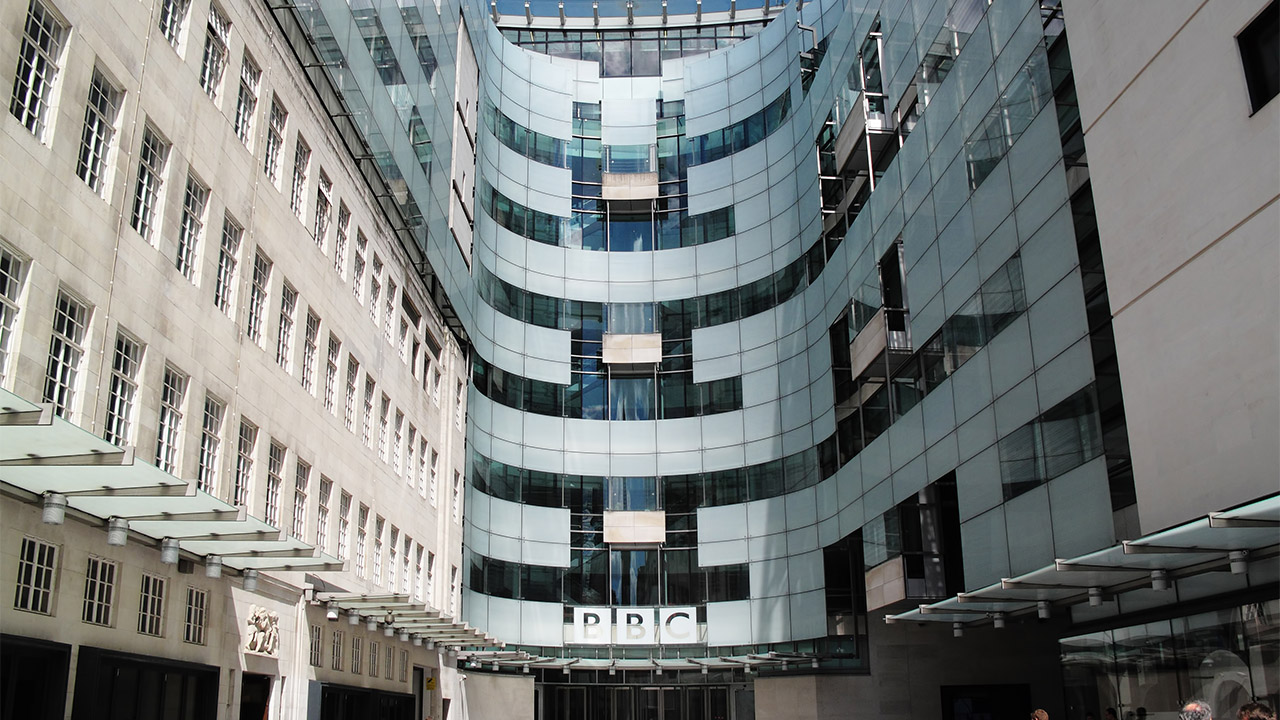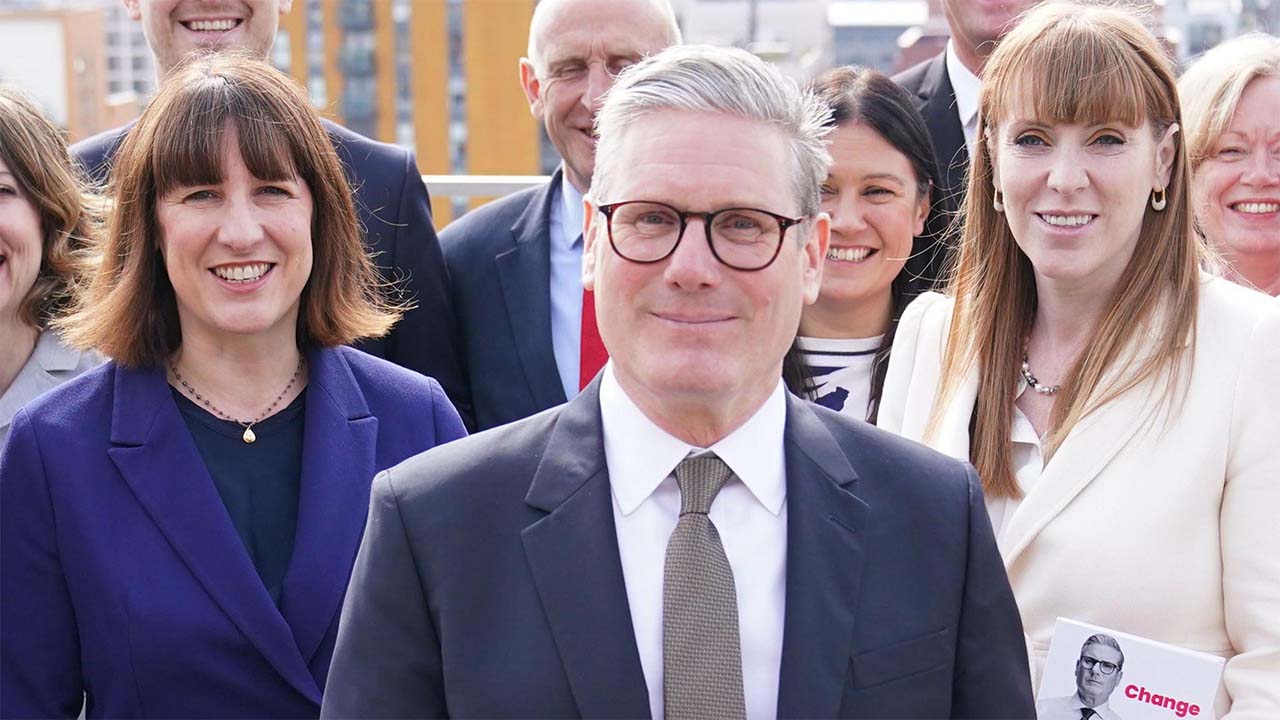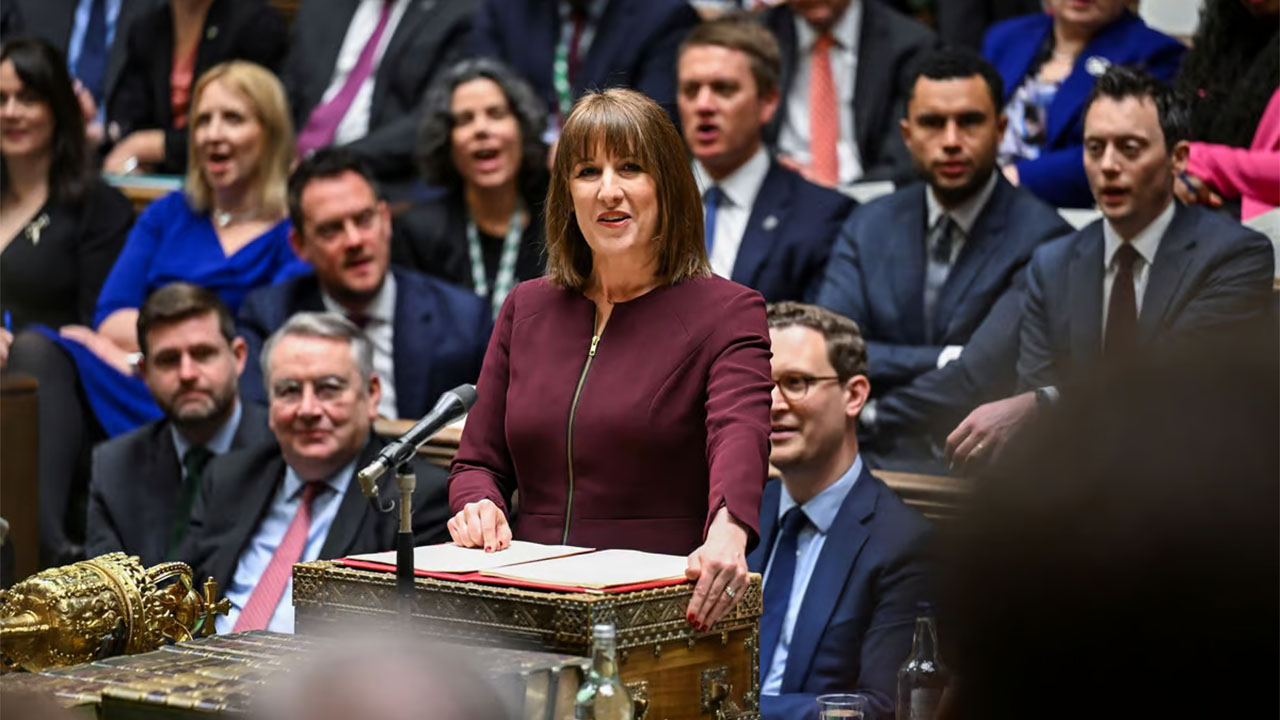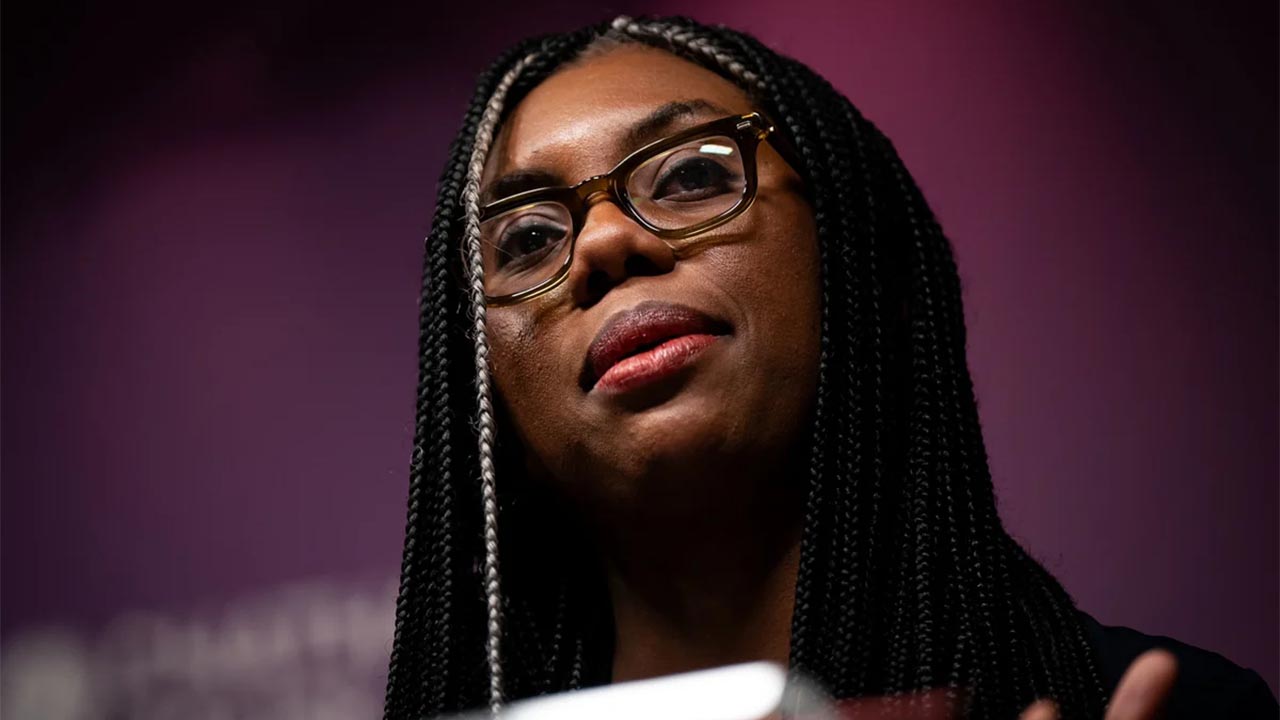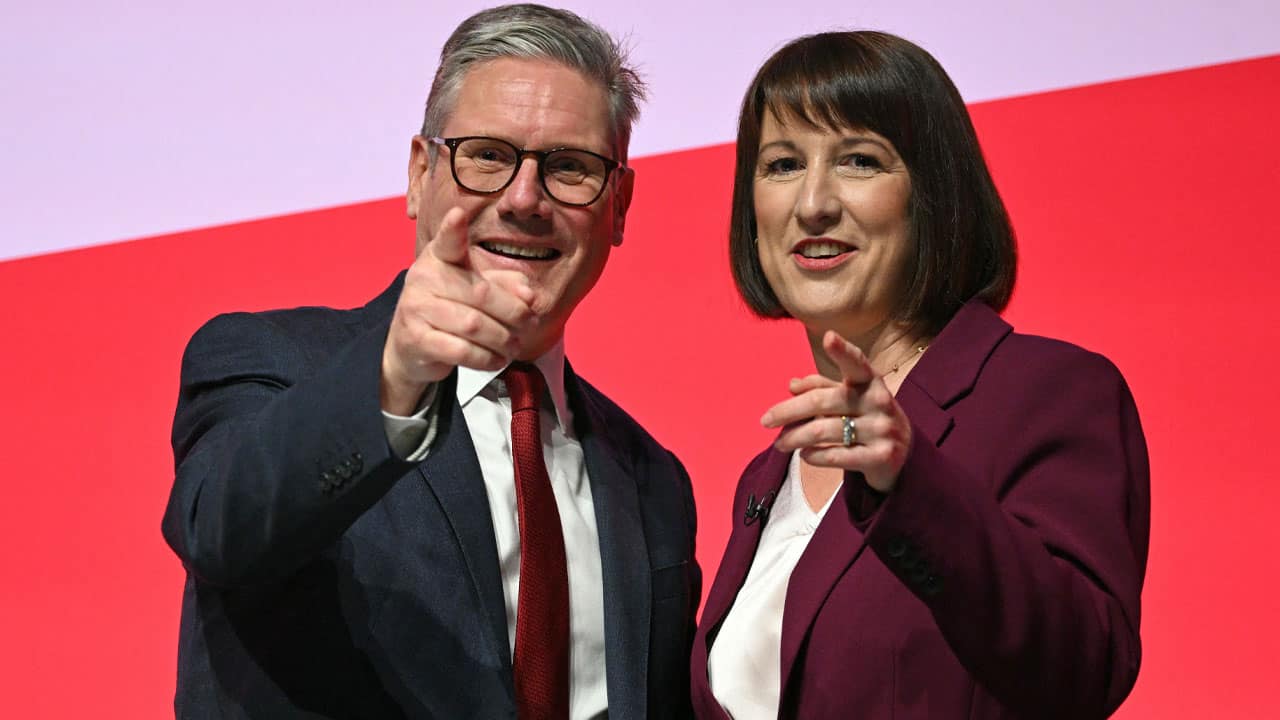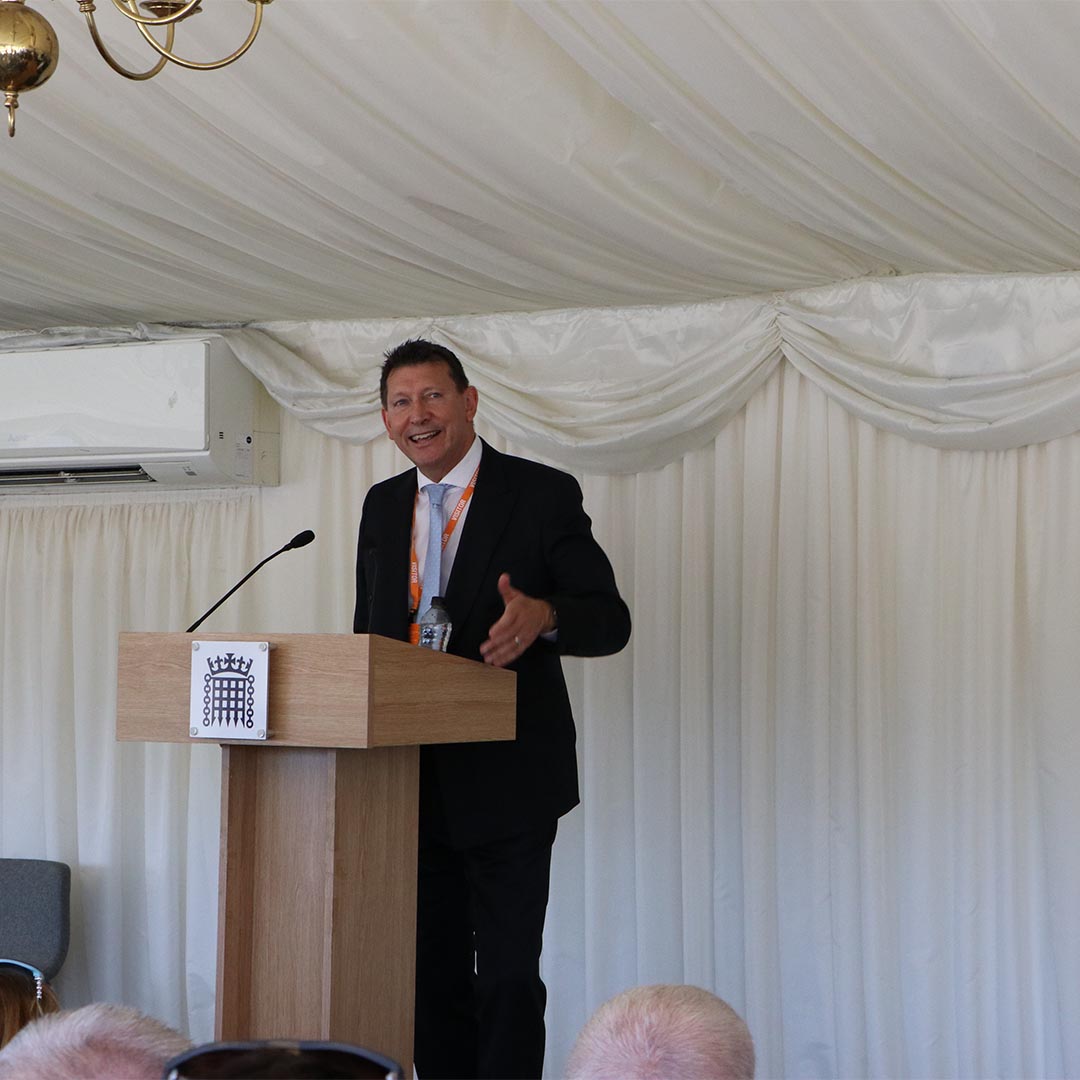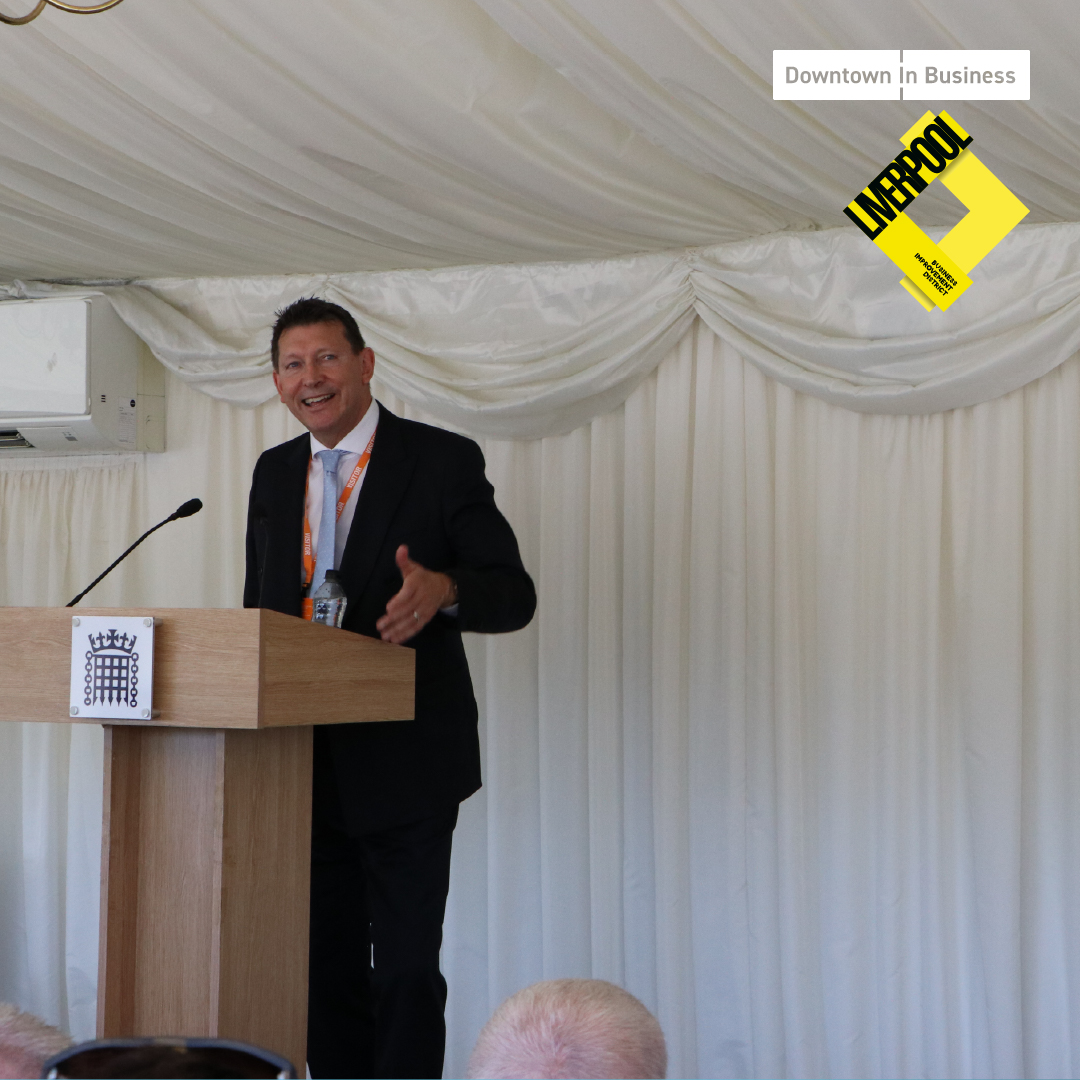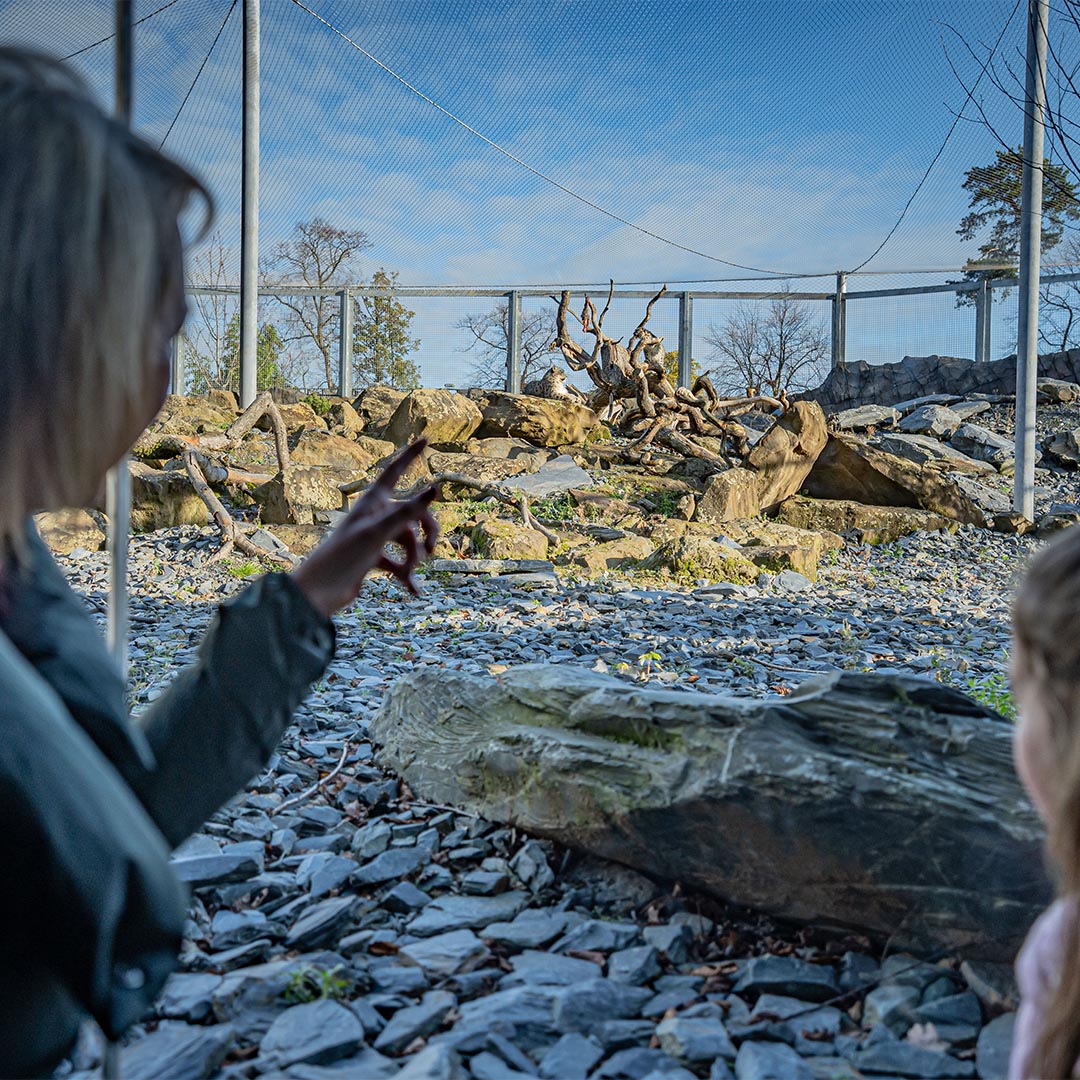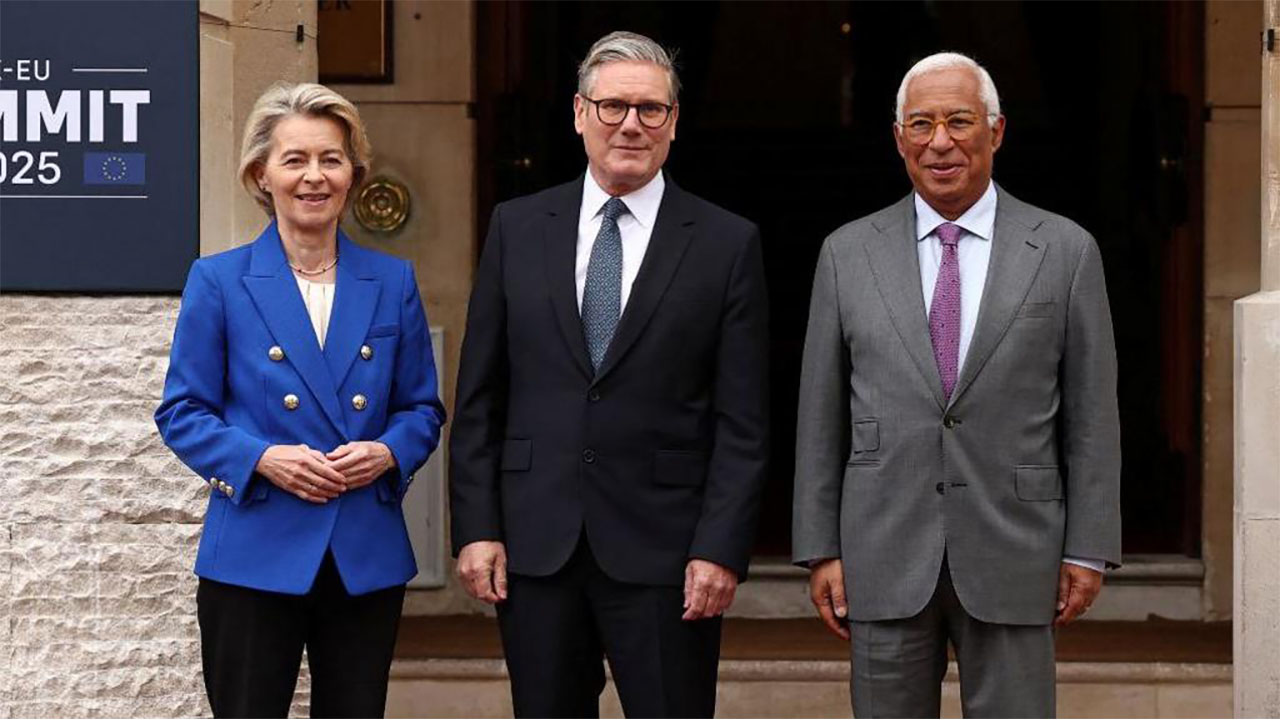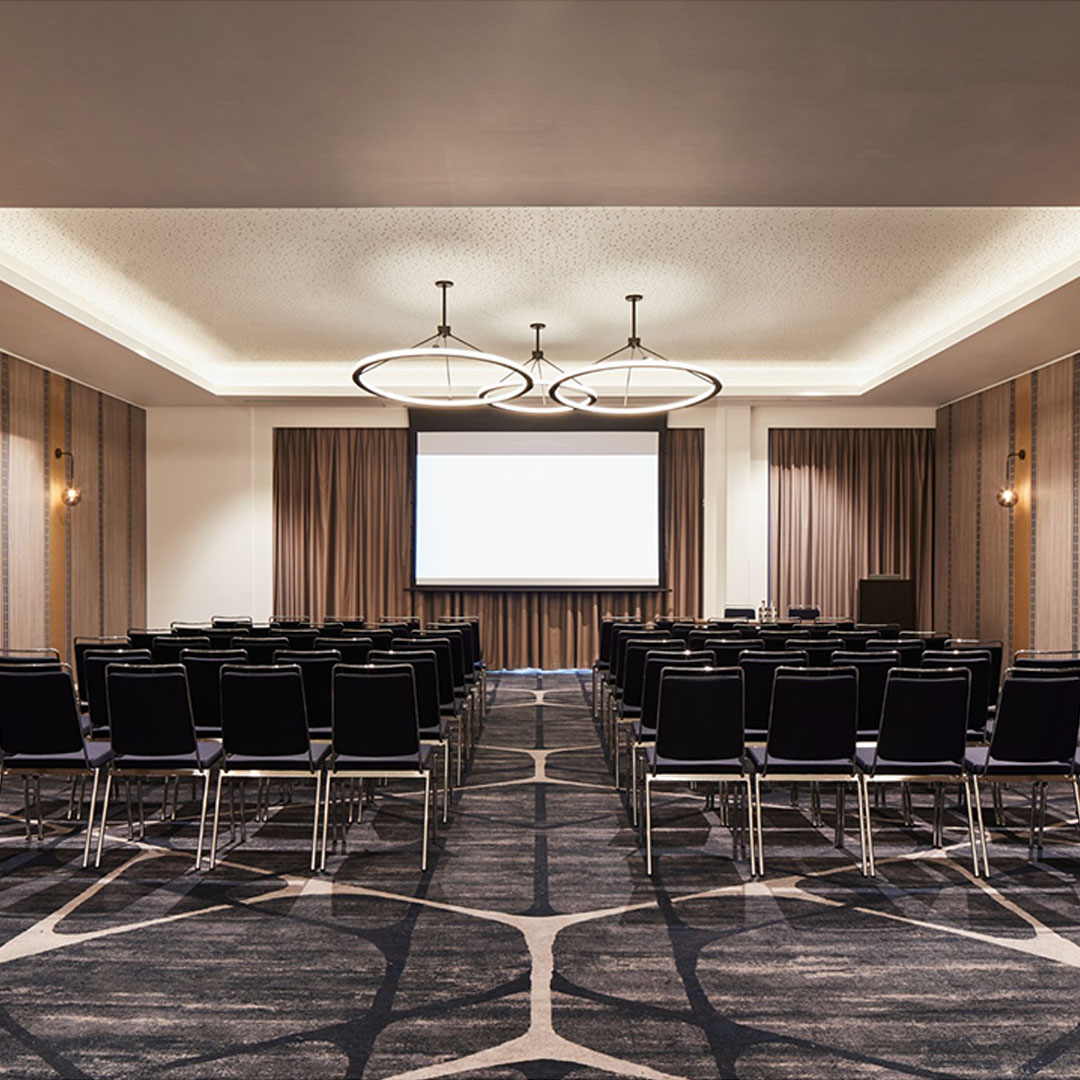Last weekend, it was confirmed that the chairman of the BBC, Richard Sharp, had resigned from his post within the organisation.
It was an inevitable departure, once it became apparent that he had not declared to the appointments panel that he had, at least in part, helped to facilitate an £800,000 loan for the then prime minister Boris Johnson.
The PM, of course, has a role in recommending the BBC chair appointment, and so the conflict of interest was more than apparent. In truth, for the sake of the corporation, Sharp ought to have stood down as soon as the story about his role as a ‘loan arranger’ became public.
It is the latest in a spate of controversies that the corporation has been caught up in recently. Match of the Day host Gary Lineker has been criticised by government ministers for his outspoken social media posts – most famously his comments on the UKs immigration polices which led to an unholy row, which most commentators feel Lineker ultimately won.
And from the political left Sharp’s appointment, combined with that to the BBC board of Sir Robbie Gibb, described by former Newsnight presenter Emily Maitlis as an “active agent” of the Conservative Party, has led to suggestions that the corporation is no longer politically ‘neutral’.
Question marks over the licence fee, the disastrous cutting back of local radio stations, and a fluffier approach to its regional television news broadcasts, have led many to the conclusion that the BBC is in permanent decline.
If true, then it is a great shame. Despite all of its trials and tribulations – which date back much further than this recent series of controversies – the BBC is a great British institution that is trusted across the globe. It provides the UK with influence through ‘soft power’ – something we need now more than ever.
The fact that it is attacked equally from left and right suggests to me that, in a political sense, it is probably getting things just about right. Nevertheless, its decision to downsize and dumb down local output, a failure to get a grip of opinions offered, not just by freelancers like Lineker and Sir Alan Sugar, but its political commentators too, and a too cautious approach to its programming, both in terms of its news and entertainment/drama output, is leaving ‘Auntie’ exposed to its enemies within – of whom there are many.
Unless it can start to address the criticisms levelled against it, win back public support, and free itself of the influence of government that it is clearly having to endure, if only through the antiquated board appointments system, then its future is far from certain.
However, tomorrow, the BBC will once again show what a world class broadcaster it can be still. I’ll wager that, as with the Queen’s funeral, its coverage of the King’s Coronation will be ten out of ten.
It needs to start to deliver that standard of content across the board if it is to restore the support of the British people. I, for one, wish it well. Long live the BBC!


